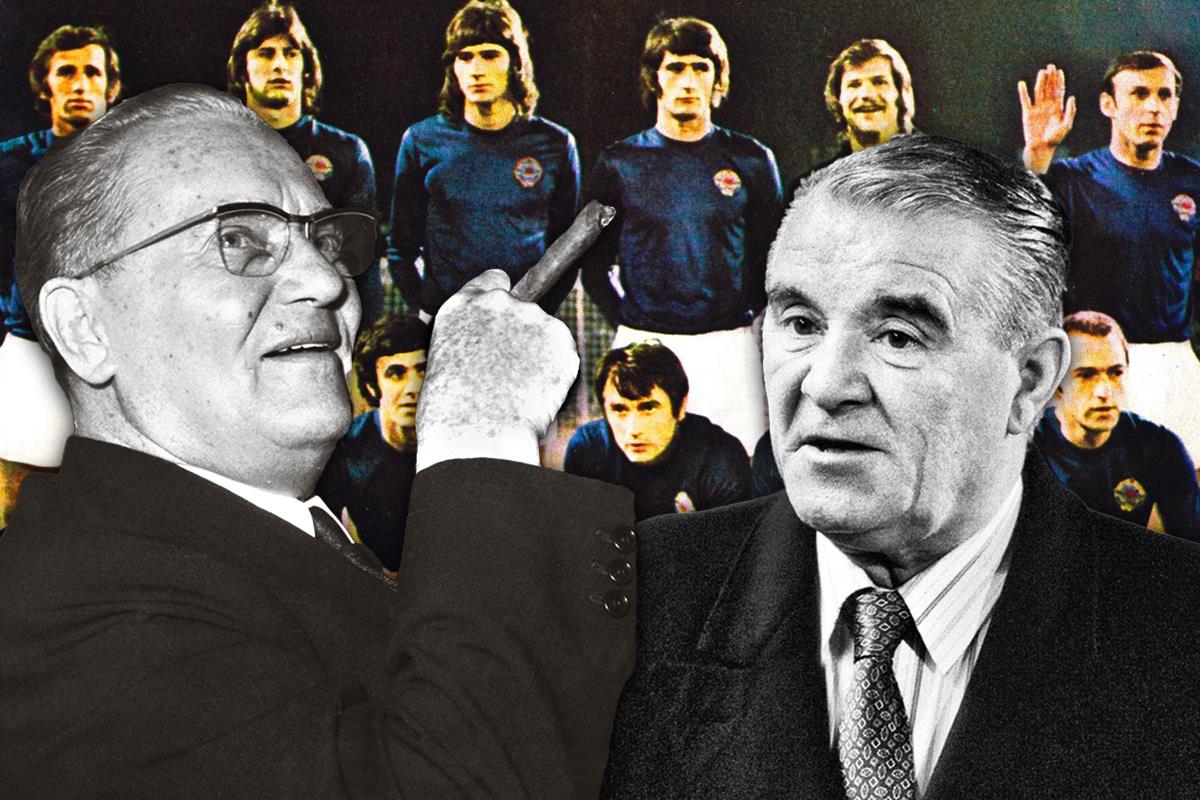The 1974 FIFA World Cup is remembered not just for Yugoslavia’s strong squad but for one of the biggest mysteries in sports history. Yugoslavia, led by Miljan Miljanić, drew 0-0 with Brazil, crushed Zaire 9-0, and drew 1-1 with Scotland in the group stage. But in the quarterfinal group, Yugoslavia lost all three matches, with the most suspicious being a 2-0 loss to West Germany — a game where they seemed invisible on the pitch.
Decades later, a story emerged that Josip Broz Tito, then president of Yugoslavia, allegedly sold that match to West Germany to avoid the country’s bankruptcy. Yugoslavia reportedly owed millions of marks to German banks, and Tito suddenly visited the team at the Park Hotel in Düsseldorf just 24 hours before the match — a strange move since he never visited German cities during the tournament before or after.
Rumor has it Tito came to free Yugoslavia from debt, and the match was deliberately lost as part of a deal. The loan was never repaid, and Germany went on to win the World Cup. The players were in chaos — fighting over bonuses, team discord, sponsorship issues, and even offers to switch boots for lucrative contracts. Goalkeeper Enver Marić said the team was rotten inside and simply played badly. Jovan Aćimović added that Tito’s visit disrupted preparations and the team’s atmosphere.
This story still sparks controversy and questions: was the match really fixed? Did politics dirty the sport in the worst way? Or is it just a myth born from frustration and poor results? One thing’s for sure — 1974 remains mysterious, and this tale is perfect for conspiracy lovers who like to question history. Got your own take? Drop it in the comments — maybe together we’ll uncover what really happened on that pitch in Düsseldorf!

















